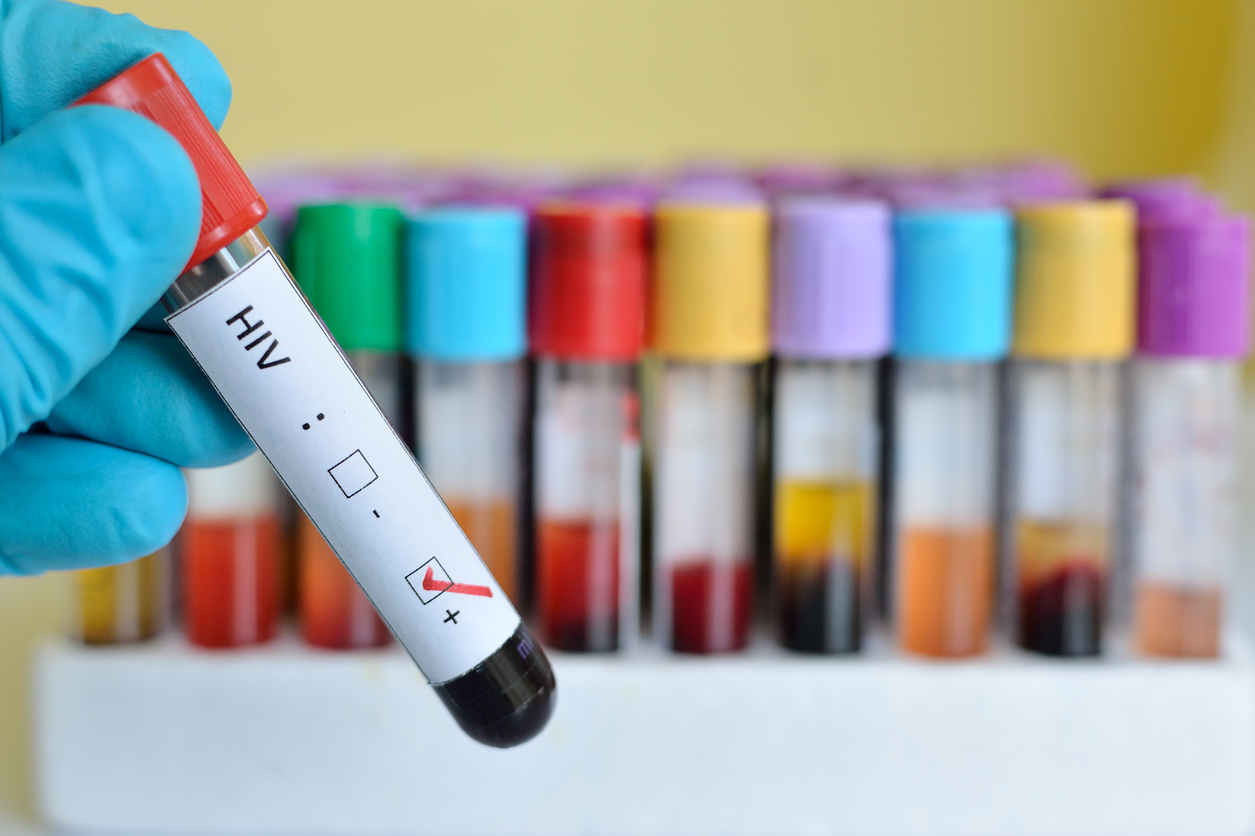For the best prognosis, early detection of an HIV infection is crucial. Stay proactive about your health by learning to identify the seven signs and symptoms of HIV that warrant a prompt visit to your doctor.
Early detection of human immunodeficiency virus, or HIV, can help prevent co-infections and dramatically improve prognosis expectations. To accurately detect this type of infection, you must remain highly aware of the behaviors that increase your risk of developing this condition. Also, you must immediately seek care from your doctor if you start to exhibit the initial symptoms of HIV infection.
- Fatigue
A sudden, pronounced drop in energy levels can signal the start of an HIV infection. Upon detecting the virus circulating your system, your body mounts an immediate immune response. The immune response can make you feel wiped out for several weeks as your system works hard to reduce or eradicate the viral load.
- Fever
A major part of your body’s immune response is a marked increase in temperature, or fever, which helps to create an inhospitable environment for the virus in question. Fever temperatures can vary and could be as low as 100 degrees at times. The high temperatures may occasionally break, especially while taking over-the-counter fever reducers but will likely return a few hours later.
- Night sweats
Since your body works hard to repair itself during periods of a deep sleep, night sweats are a common symptom of HIV. With the fever complicating this symptom, you might wake up sweating despite feeling chilled. Although this symptom commonly occurs during the acute phase of the virus, night sweats may continue through later stages of the illness as well.
- Rash
With up to 85 percent of patients exhibiting this symptom, a viral rash is a very common early sign of HIV. The rash typically consists of small, barely raised red or purple spots. You may notice the rash covering your torso, arms, and face. Even more telling, the rash may cover the palms of your hands, which is an area rarely impacted by other skin conditions.
- Oral ulcers
As the fight against the virus takes a toll on your immune system, you might notice ulcers appearing on your lips, cheeks, and gums. The ulcers are often painful, especially while eating or drinking, and can also cause pain in your teeth and jaw.
- Lymph node inflammation
The continued immune response can cause your lymph nodes to fill with fluid, which makes them look swollen and feel tender. The lymph nodes in your neck are affected most often, though the swelling can spread to the nodes in your groin and armpits as well. The lymph fluid will continue to accumulate in all of these nodes as your body fights against the HIV infection.
- Sore throat
In its acute stage, HIV can cause a severe sore throat to develop. The sore throat may make it difficult to eat or drink without feeling pain and discomfort throughout your entire esophagus. When experienced with the mouth ulcers and swollen lymph nodes, you might start to lose weight from the inability to eat enough to nourish your body.
Scheduling an appointment with your doctor
If you think that you are exhibiting any of these seven early symptoms of HIV infection, schedule an appointment at one of our ARcare clinics here in Arkansas. Find the nearest clinic to you, and give us a call. Your doctor will assess your symptoms, perform an examination, and order diagnostic tests to accurately diagnose your condition. If you are diagnosed with HIV, you can continue receiving care at your ARcare HIV treatment center to manage your condition.
